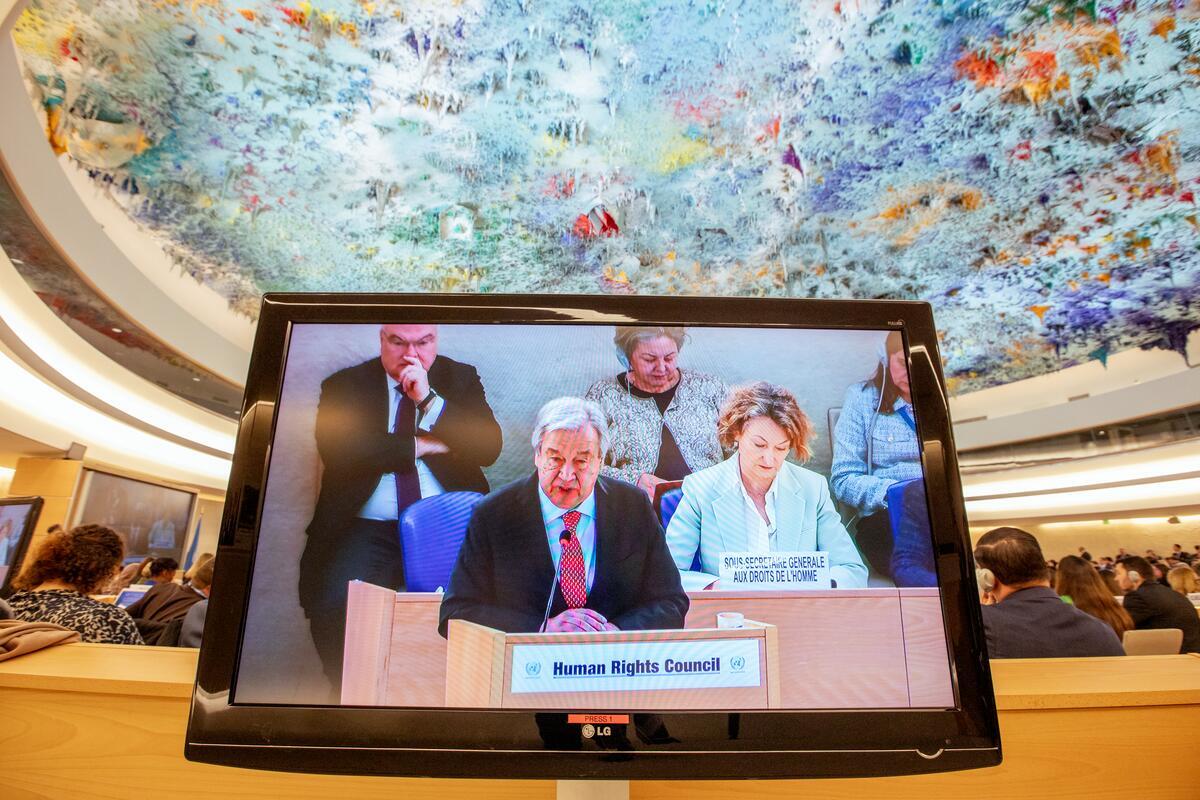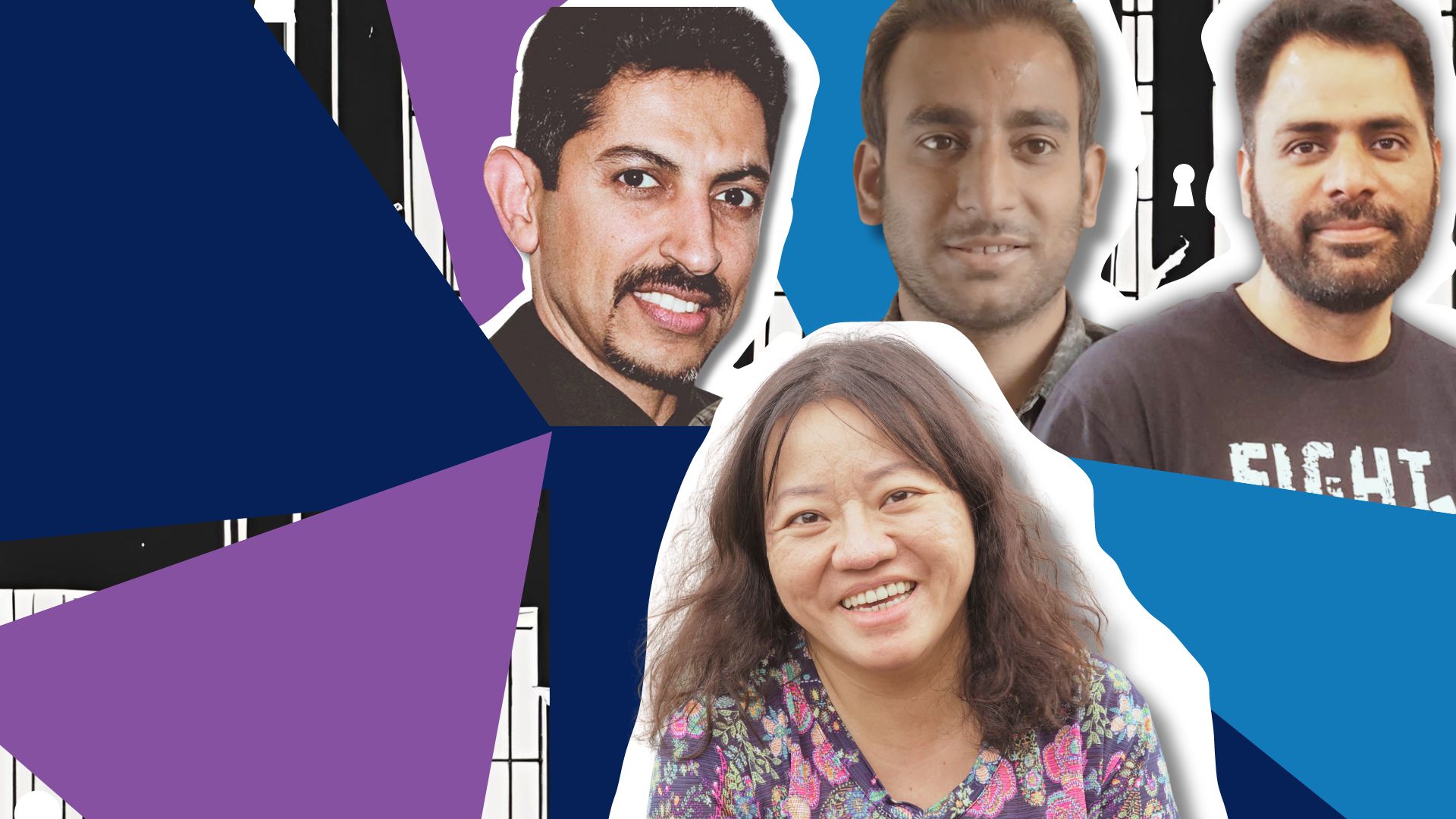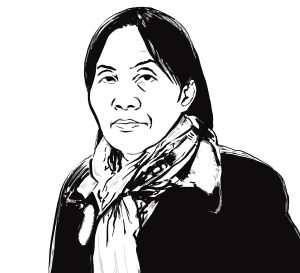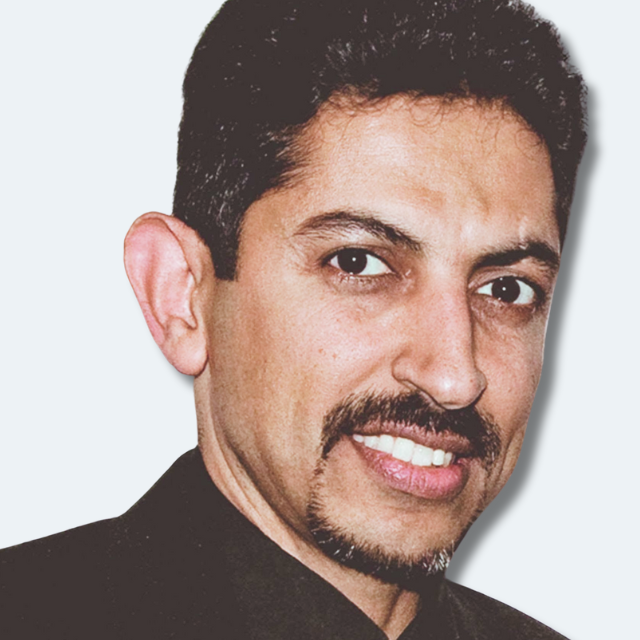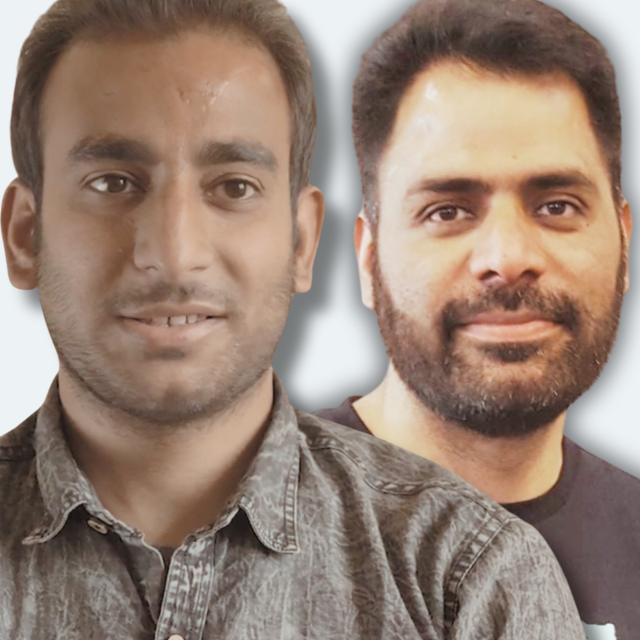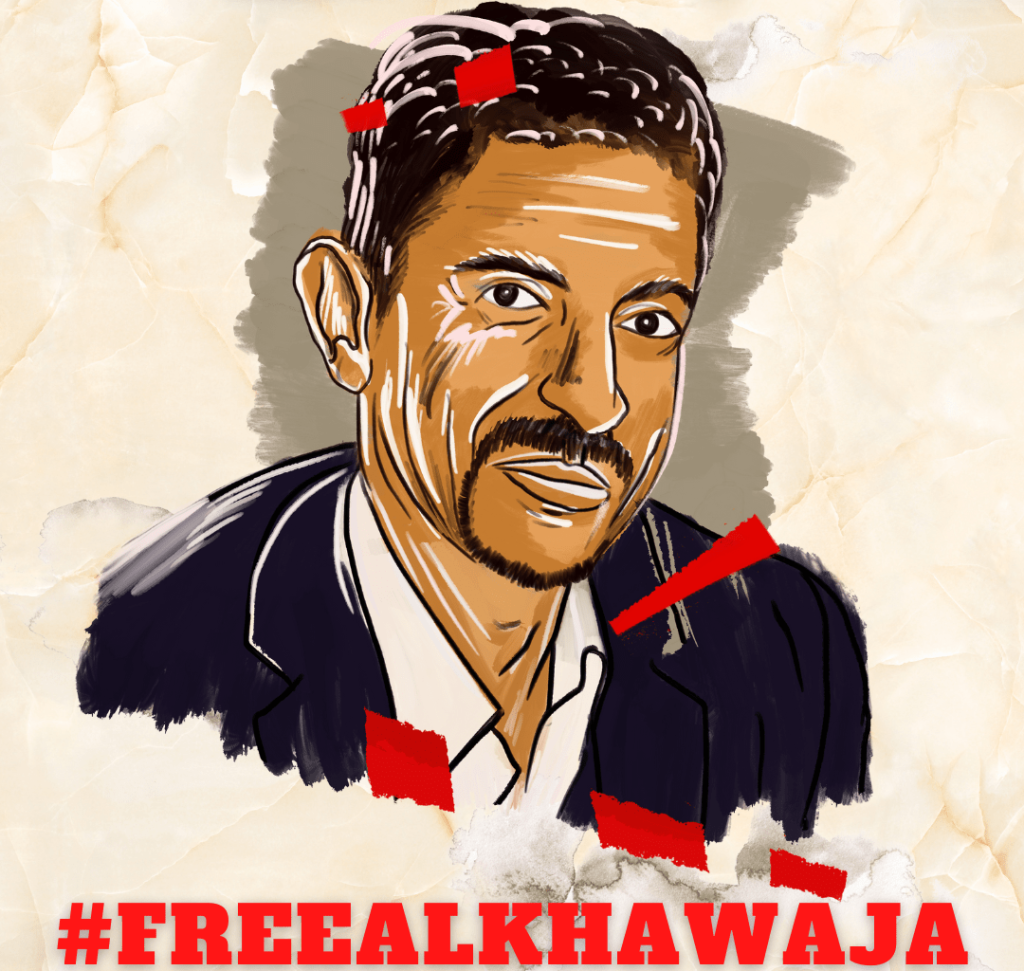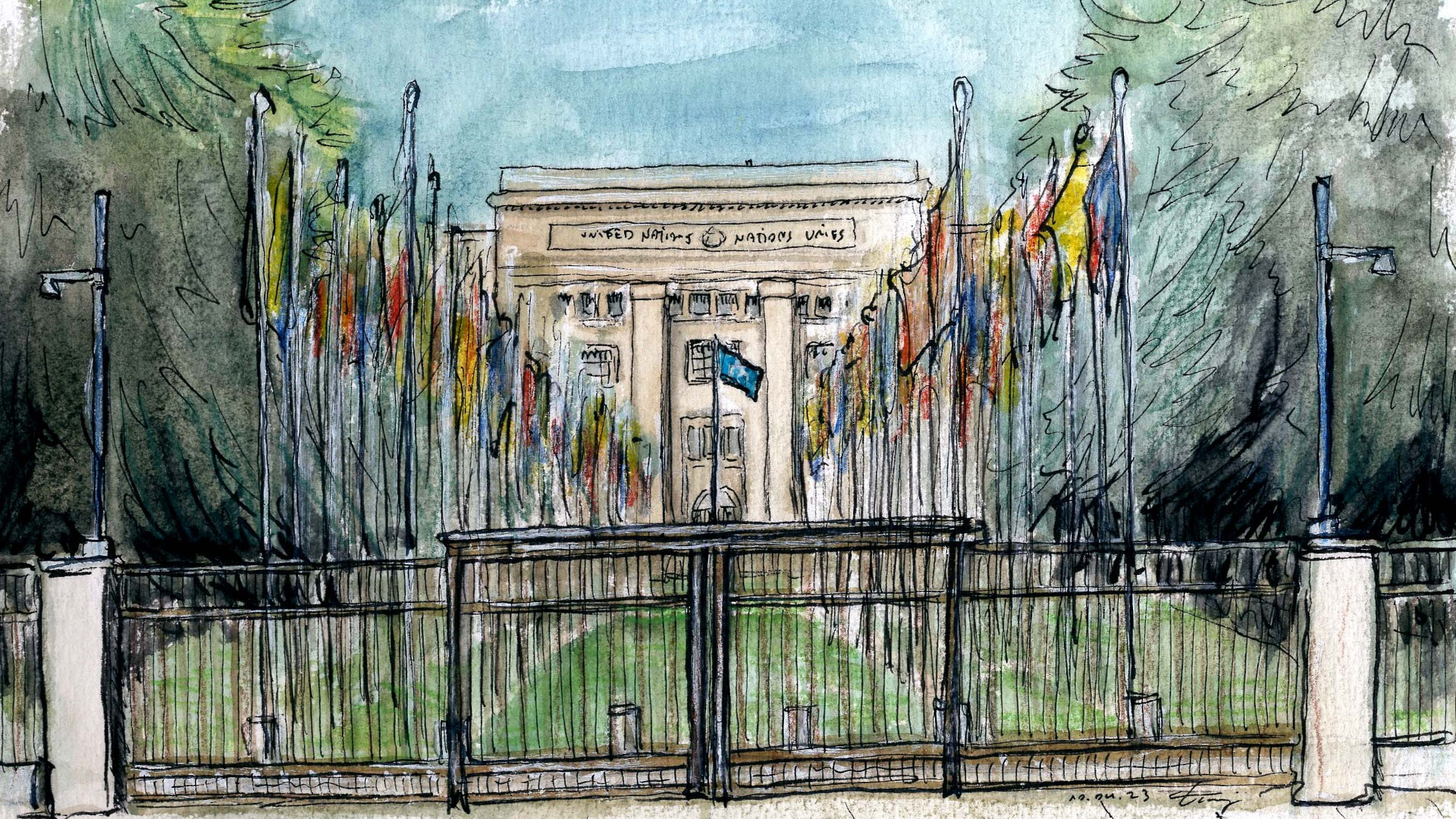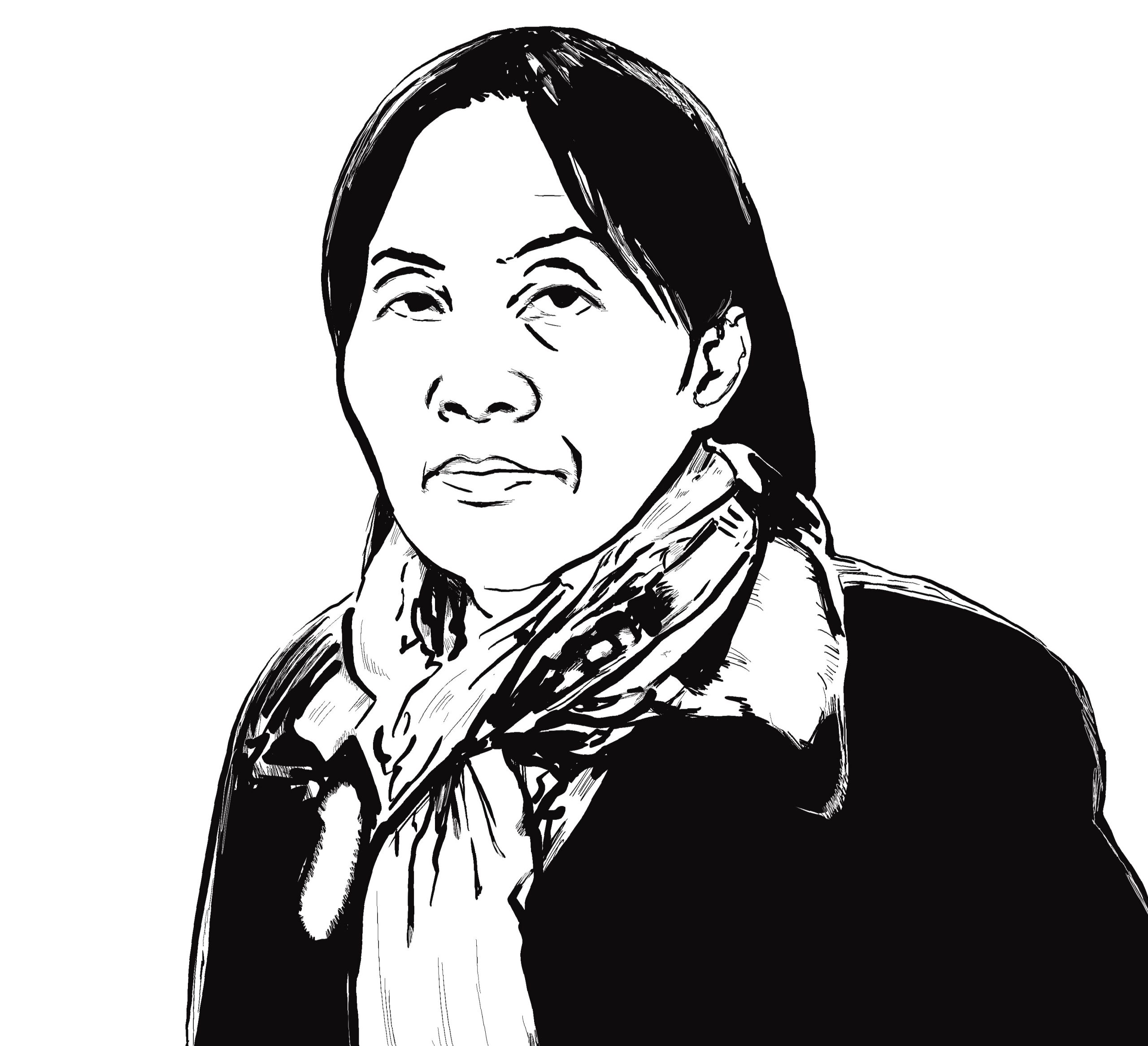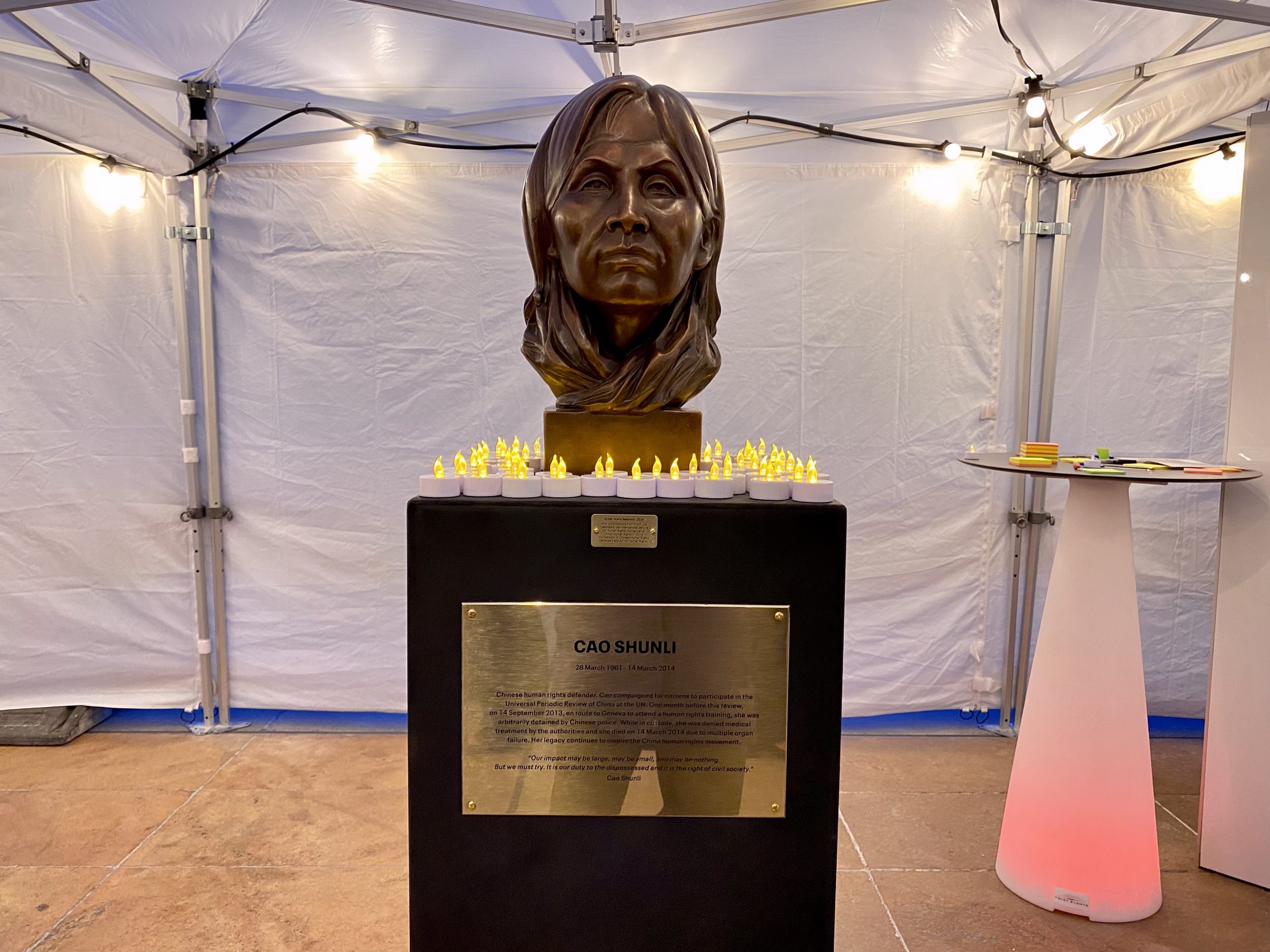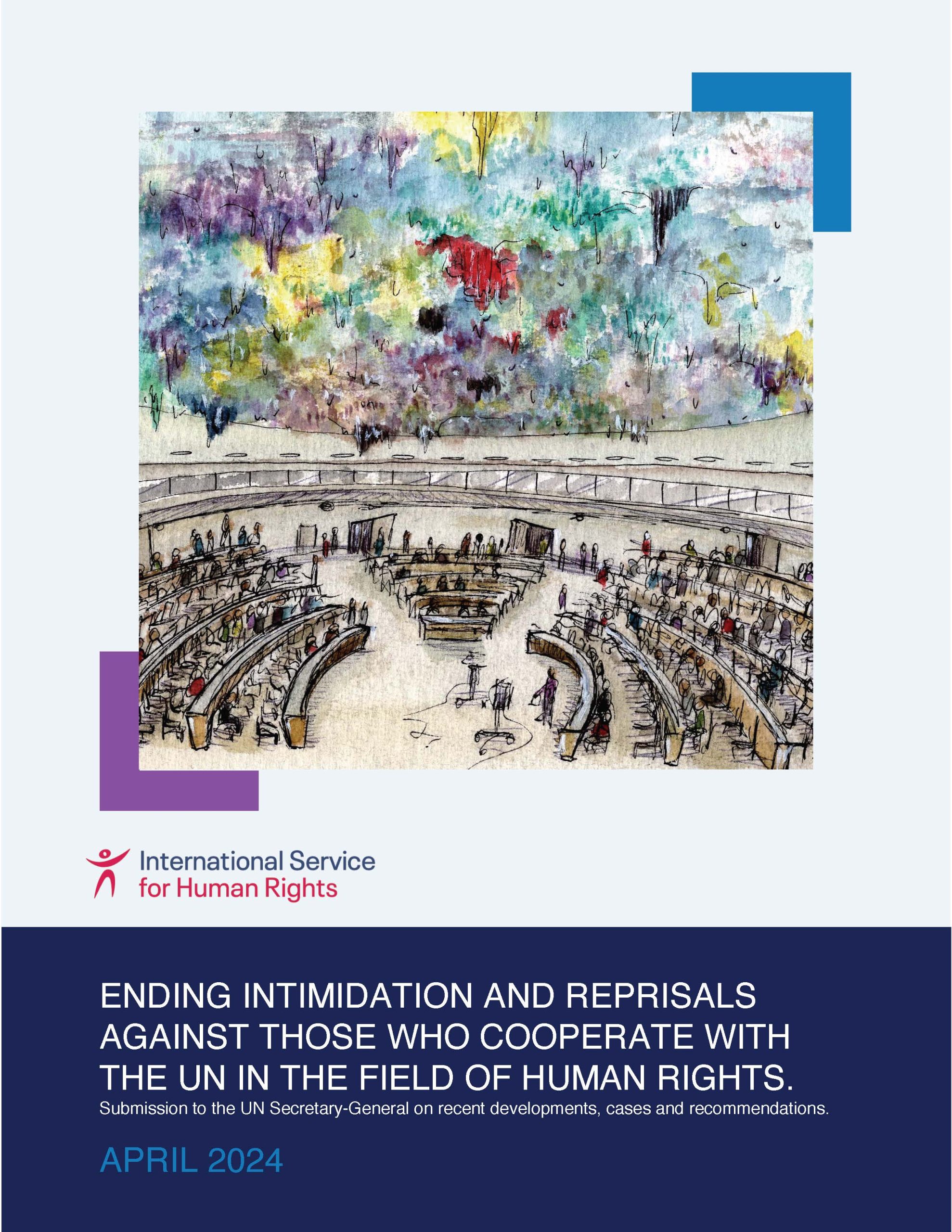Who are Khurram and Irfan?
Khurram Parvez and Irfan Mehraj are two Kashmiri human rights defenders. They have conducted ground-breaking and extensive human rights documentation in the Indian-administered Jammu and Kashmir, including through their work within the Jammu Kashmir Coalition of Civil Society (JKCCS) – Khurram as founder and programme coordinator, and Irfan as a researcher.
Both activists have been internationally recognised for their work. Khurram is the Chairperson of the Asian Federation against Involuntary Disappearances (AFAD), Deputy General Secretary of the International Federation for Human Rights (FIDH) and a laureate of the 2023 Martin Ennals Award.
Irfan is a well-regarded independent journalist with frequent contributions to Kashmiri, Indian and international news outlets. He is the founder of Wande Magazine and is an editor at TwoCircles.net.
What happened to them?
Khurram documented human rights violations in Jammu and Kashmir and pursued accountability for those violations in Jammu and Kashmir, India and internationally. His international work included extensive engagement with the United Nations, including through submissions to the special procedures, submissions to international bodies, including for the third cycle of the Universal Periodic Review of India, and engagement with the Office of the High Commissioner for Human Rights.
In 2016, Indian authorities arrested him a day after he was barred from traveling to Geneva to attend the 33rd session of the United Nations Human Rights Council. They charged him under the Public Safety Act (PSA), a preventive detention law that legalises the violation of fundamental rights, and detained him for 76 days.
After his release, he continued to engage with UN mechanisms, including OHCHR, the Human Rights Council and the Working Group on Enforced and Involuntary Disappearances.
On 22 November 2021, Khurram was arrested again by the Indian Government, this time by India’s National Investigation Agency (NIA) under the Unlawful Activities (Prevention) Act (UAPA) and other laws, reportedly on allegations of “terrorism funding, being a member of a terrorist organisation, criminal conspiracy, and waging war against the state.” He remains in arbitrary detention to this day.
Meanwhile, on 20 March 2023, Irfan was summoned for questioning and arbitrarily detained by the NIA in Srinagar also under provisions of the UAPA and other laws.
The NIA targeted Irfan for being ‘a close associate of Khurram Parvez.’
Both Khurram and Irfan are presently in pre-trial detention in the maximum-security Rohini prison in New Delhi, India.
What does the UN have to say?
Khurram’s situation has been included in the Secretary-General’s report on reprisals since 2017 and Irfan’s case was included in the 2023 report.
In June 2023, United Nations experts expressed serious concerns regarding the charges against and arrest of Irfan and Khurram, stating that their continued detention is ‘designed to delegitimise their human rights work and obstruct monitoring of the human rights situation in Indian-administered Jammu and Kashmir.’ The United Nation Working Group on Arbitrary Detention (WGAD) published an opinion in the same year, finding Khurram’s detention arbitrary.
On 7 March 2024, UN experts sounded the alarm on the “harassment and prolonged detention of human rights defenders and journalists” in the country.
What do these acts of reprisals mean for Kashmiri civil society engagement with the UN?
Khurram Parvez and Irfan Mehraj’s detentions are part of a successful campaign of reprisals against any United Nations engagement by Kashmiri human rights defenders or victims of human rights violations, under the guise of countering ‘terrorism’ and ‘support for terrorism’. Their cases are particularly symbolically significant in demonstrating to Kashmiris that attempts to defend their human rights, including through United Nations mechanisms, are futile and will only lead to reprisals which are inflicted with impunity.
Their current situation is an instance of how the Indian government uses counter-terror laws, including the UAPA, as well as foreign contribution laws and criminal laws, to punish human rights defenders for their advocacy work, including their engagement with international organisations such as the UN. This has practically ended United Nations engagement with victims and defenders in Indian-administered Jammu and Kashmir and created a chilling effect in India that deters defenders from engaging.
What is the Unlawful Activities (Prevention) Act (UAPA)?
The UAPA is a counter-terrorism law often used against human rights defenders by the Indian authorities to target, harass, intimidate, and detain them on bogus and politically motivated charges. In May 2020, UN experts expressed concerns over the non-conformity of various UAPA provisions with international human rights standards.
In October 2023, they reiterated their concerns, stating that the pre-trial detention period of 180 days – which can subsequently be increased – is beyond reasonable. They called for a review of the UAPA in line with international human rights standards and with recommendations made by the Financial Action Task Force.
